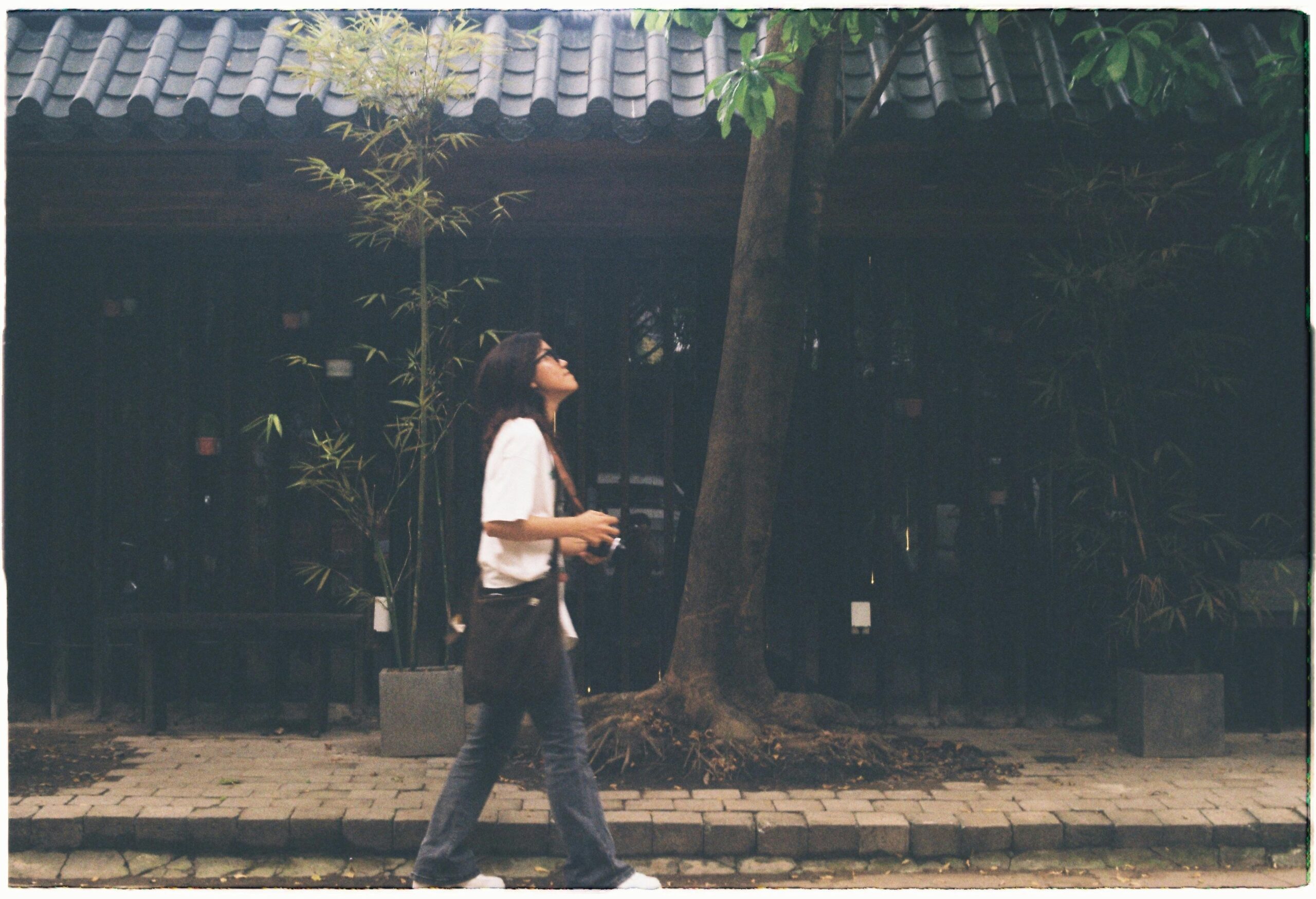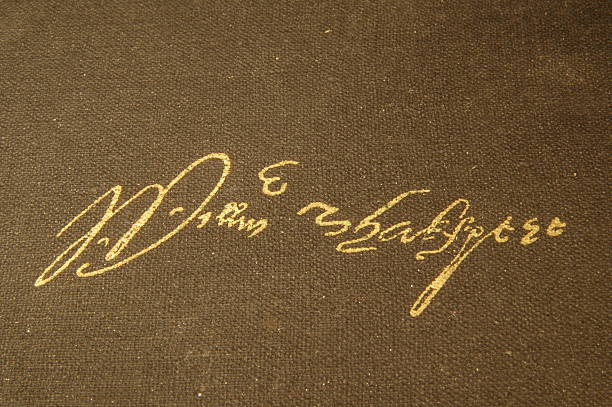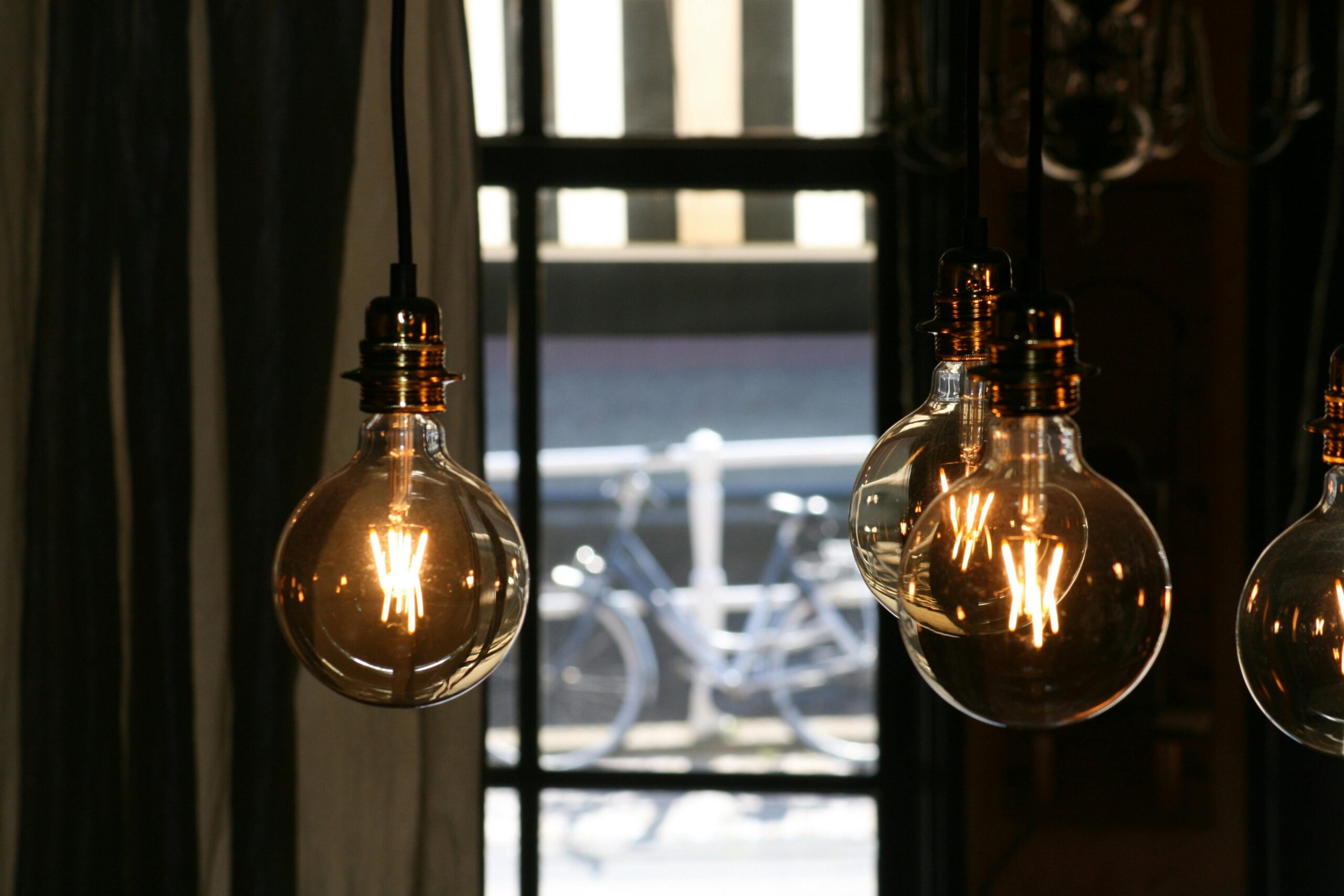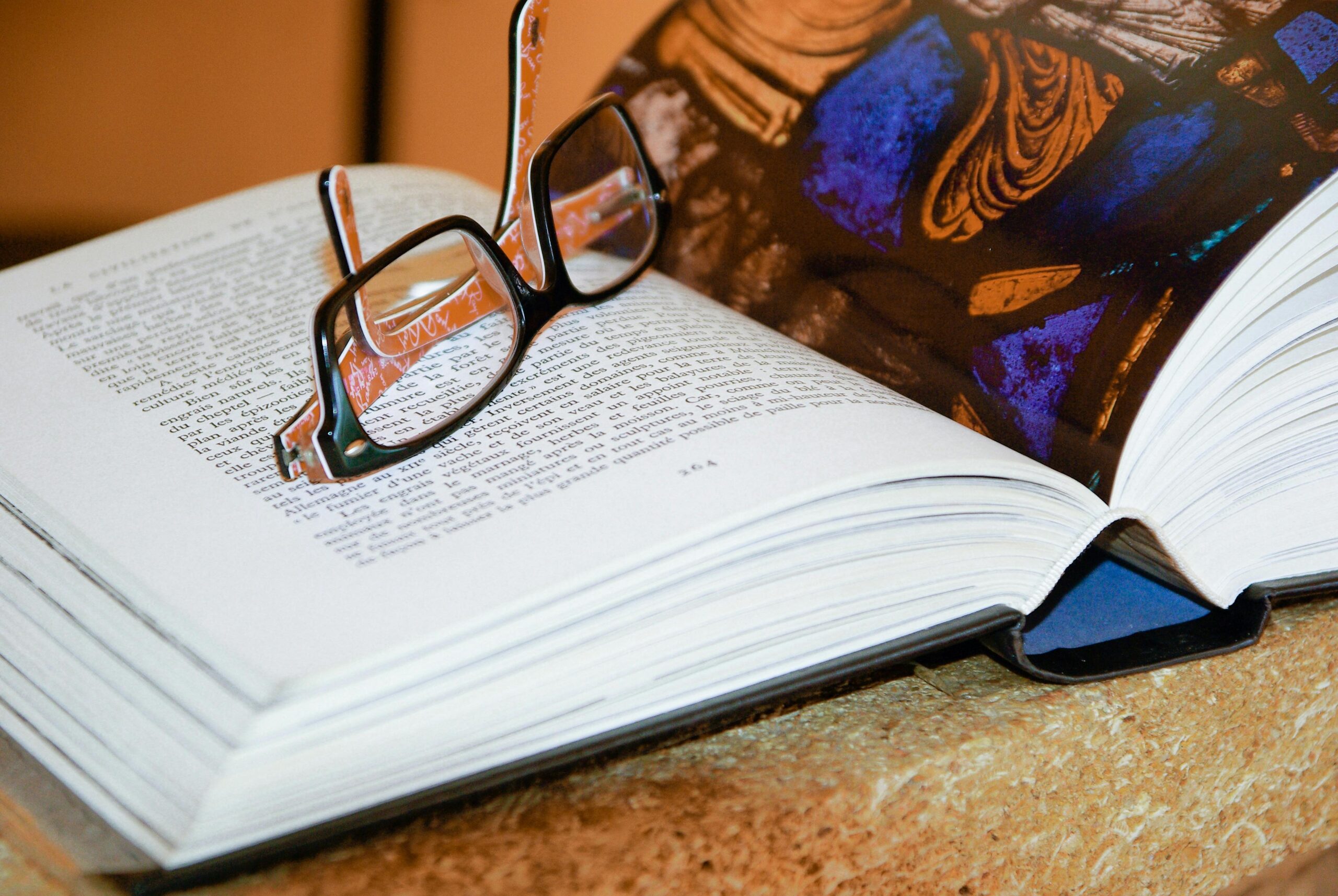In a world where visual spectacle often dominates cinema, there’s something timeless about a well-written line — a moment of dialogue that cuts through the noise and speaks directly to the soul.
Thoughtful dialogue in film does more than just move the plot forward. It reveals character depth, explores human emotion, and invites audiences into a deeper connection with the story. Whether it’s a quiet exchange between lovers or a fiery debate between rivals, meaningful conversation can define a movie’s emotional core.
Let’s explore how film captures the essence of thoughtful dialogue and why some lines stay with us long after the screen fades to black.
What Makes Dialogue “Thoughtful” in Film?
Not all dialogue serves the same purpose. While some lines exist simply to convey information, thoughtful dialogue goes further — it resonates emotionally, reflects personality, and enhances storytelling.
Characteristics of Meaningful Dialogue:
- Authenticity: Feels natural and true to the character.
- Emotional Weight: Evokes feelings like love, anger, nostalgia, or regret.
- Subtext: Says more than what’s literally spoken.
- Revelation: Gives insight into a character’s motivations or inner conflict.
- Impact: Leaves a lasting impression on the viewer.
When these elements come together, dialogue becomes more than words — it becomes art.
5 Films That Mastered the Art of Thoughtful Dialogue
Here are five movies that showcase how powerful, well-crafted dialogue can elevate storytelling.
1. Before Sunrise (1995) – A Love Story Built on Conversation
Directed by Richard Linklater, this film revolves around two strangers who spend one magical evening walking and talking through Vienna. The entire plot is driven by their conversations — philosophical, personal, and deeply intimate.
“I guess if I had to choose between being with someone and having interesting conversations, I’d take the conversations.”
— Céline (Julie Delpy)
This film proves that dialogue doesn’t need drama or action to be compelling — just honesty and chemistry.
2. The Social Network (2010) – Verbal Wit as Plot Engine
Written by Aaron Sorkin, The Social Network is a masterclass in rapid-fire, intelligent dialogue. Every scene crackles with tension and wit, revealing Mark Zuckerberg’s brilliance and emotional detachment.
“They’re typing faster .”
— Mark Zuckerberg (Jesse Eisenberg)
Sorkin’s script not only drives the narrative but also paints a complex portrait of ambition, betrayal, and loneliness.
3. Pulp Fiction (1994) – Quotable and Philosophical
Quentin Tarantino’s Pulp Fiction is known for its stylized dialogue — pop culture references, moral dilemmas, and absurd humor. It turns everyday conversation into something iconic.
“You ever read The English Patient ?”
— Jules Winnfield (Samuel L. Jackson)
Tarantino uses dialogue to build character, create suspense, and inject irony, making every word feel deliberate and memorable.
4. Network (1976) – Prophetic Monologues
Sidney Lumet’s Network features one of the most unforgettable speeches in film history:
“I’m as mad as hell, and I’m not going to take this anymore!”
— Howard Beale (Peter Finch)
This monologue isn’t just dramatic — it’s a scathing critique of media and society. The dialogue here carries weight beyond the screen.
5. Glengarry Glen Ross (1992) – Raw and Unfiltered
Based on David Mamet’s play, this film showcases ruthless salesmen in a pressure-cooker environment. The dialogue is sharp, aggressive, and filled with subtext.
“A-B-C. Always be closing.”
— Blake (Alec Baldwin)
Mamet’s writing style — clipped, overlapping, and full of silence — mirrors the desperation and tension of the characters.
How Dialogue Shapes Character and Conflict
Dialogue isn’t just about what characters say — it’s about what they mean, how they say it, and what they choose to hide.
Ways Dialogue Develops Character:
- Reveals backstory without exposition
- Shows personality through speech patterns
- Reflects internal conflict or growth
- Creates contrast between different characters
For example, in The Godfather , Michael Corleone begins the film saying, “That’s not me,” distancing himself from his family’s criminal life. By the end, he lies to his wife:
“I’m gonna make him an offer he can’t refuse.”
This shift in tone and truth tells us everything we need to know about his transformation.
The Craft Behind Writing Powerful Movie Lines
Writing impactful dialogue is no easy task. Screenwriters must balance realism with rhythm, subtext with clarity, and emotion with pacing.
Tips Used by Great Screenwriters:
- Write Like Real People Talk – Not always perfect grammar or full sentences.
- Use Silence Strategically – What’s left unsaid can be just as powerful.
- Give Each Character a Voice – No two people should sound exactly alike.
- Avoid On-the-Nose Writing – Let the audience read between the lines.
- Edit Ruthlessly – Trim anything unnecessary to keep dialogue tight.
As Aaron Sorkin once said:
“Great lines don’t happen by accident. They’re built.”
Frequently Asked Questions About Cinematic Dialogue
Q: Why is dialogue important in film?
A: Dialogue helps define characters, advance the plot, and create emotional connections with the audience.
Q: What makes a line from a movie memorable?
A: Memorable lines are often concise, emotionally charged, or reveal something crucial about the story or character.
Q: Can a film rely too much on dialogue?
A: Yes — while dialogue is powerful, overuse can slow pacing and reduce visual storytelling effectiveness.
Q: Which films are known for their dialogue?
A: The Social Network , Pulp Fiction , Glengarry Glen Ross , Before Sunrise , and Network are all celebrated for their scripts.
Final Thoughts
Film is a visual medium, but when it captures the heart of thoughtful dialogue, it transcends entertainment and becomes a mirror to our own thoughts, fears, and desires.
From romantic strolls through Vienna to boardroom rants and prophetic outbursts, the right words at the right time can change how we see the world — and ourselves.
So next time you watch a film, listen closely. You might find that the most moving moments aren’t in the explosions or visuals, but in the quiet spaces between words.
If you enjoyed this deep dive into cinematic dialogue, check out:
- [How to Write a Screenplay That Speaks Volumes]
- [Best Movies for Studying Dialogue]
- [Understanding Subtext in Dialogue]
Stay tuned for more insights into storytelling, screenwriting, and the magic of movies.





